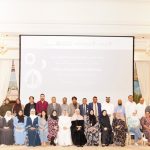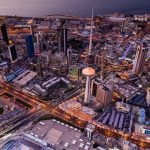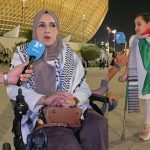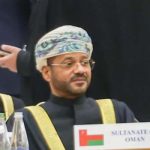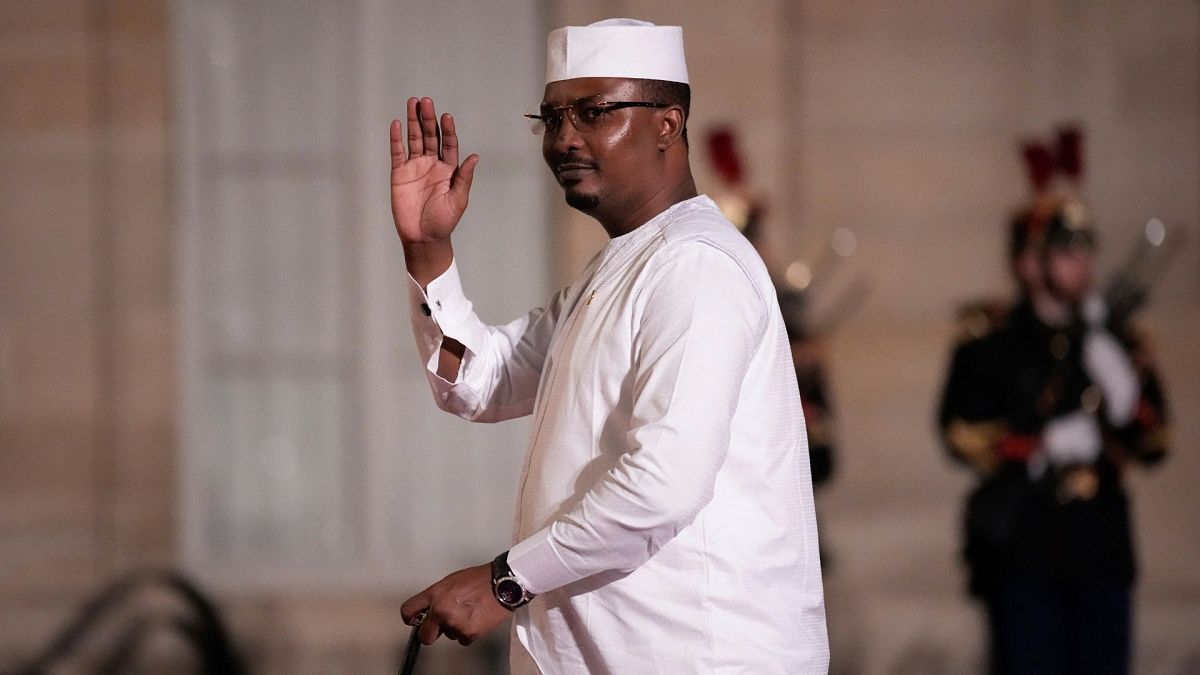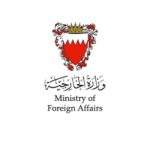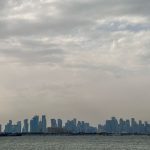Chadians recently participated in parliamentary and regional elections, marking the end of a three-year transitional period of military rule. The elections were clouded by a boycott from the main opposition, accusing the authorities of failing to ensure a credible electoral process. This parliamentary election is the first in Chad in over a decade, following junta leader Mahamat Idriss Deby’s controversial victory in a presidential poll after his father’s death in 2021. Despite low voter turnout and accusations of a rigged process, the official results are expected in two weeks.
Chad, an oil-exporting nation with a population of 18 million people, has not seen a free and fair transfer of power since gaining independence from France in 1960. The recent elections aimed to elect 188 legislators for a new National Assembly, as well as representatives at provincial and municipal levels. However, voter turnout was minimal, especially in the capital city of N’Djamena, with many polling stations lacking substantial participation. Critics have dismissed the elections as a ploy for Deby to consolidate power and maintain a dynasty, prompting over 10 opposition parties, including the Transformers party, to boycott the elections.
The Transformers party, which came in second in the presidential race, criticized both the parliamentary and presidential elections as a charade orchestrated to benefit Deby. Many Chadians believe that the elections were an attempt by the junta leader to cement his position and continue his family’s political legacy. Despite the opposition’s accusations of election manipulation and voter disenfranchisement, Deby emphasized the significance of the elections in paving the way for decentralization and fulfilling the desires of the Chadian people.
The parliamentary and regional elections in Chad come at a critical juncture for the nation, facing mounting security challenges such as Boko Haram insurgent attacks in the Lake Chad region and strained military cooperation with France, its key ally. The transitional period culminating in these elections was intended to restore democratic governance following the sudden passing of former President Idriss Deby Itno. However, the opposition’s boycott and accusations of electoral irregularities have cast a shadow over the credibility of the election process, raising concerns about the future of Chad’s political landscape and governance. Despite the challenges and controversies surrounding the elections, Chadians remain hopeful that the elected officials will work towards building a better future for the country.
In conclusion, the recent parliamentary and regional elections in Chad marked the end of a three-year transitional period of military rule, overshadowed by a boycott from the main opposition and accusations of electoral irregularities. The elections, including Chad’s first parliamentary poll in over a decade, aimed to establish a new National Assembly and representatives at various levels of government. Despite low voter turnout and skepticism from critics, junta leader Mahamat Idriss Deby emphasized the importance of the elections in fulfilling the desires of the Chadian people for decentralization. The boycott by the opposition, led by the Transformers party, highlights the deep divisions within the political landscape of Chad, raising concerns about the legitimacy of the electoral process and the future of democratic governance in the country.


